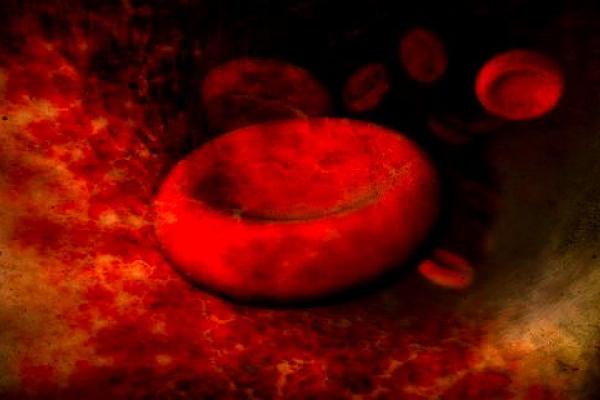Usually when I hear people talk about finding the good in the midst of a difficult situation, my cynical radar goes up. I picture the scene in Monty Python’s Life of Brian where Brian and the two thieves are being crucified while whistling and singing “Always look on the bright side of life.”
Yeah, right.
I reminds me a girl named Cathy that I knew in high school who already lived on her own before she had even graduated. At school she was the perpetual ray of sunshine, always offering warm smiles and hugs, but hardly concealing a deeper undercurrent of sadness that you could nearly taste.
But once in a while, we have an opportunity to catch a glimpse of grace in the middle of the worst humanity has to offer. And it’s in those moments that I tend to recognize God in our midst.
Read the Full Article

